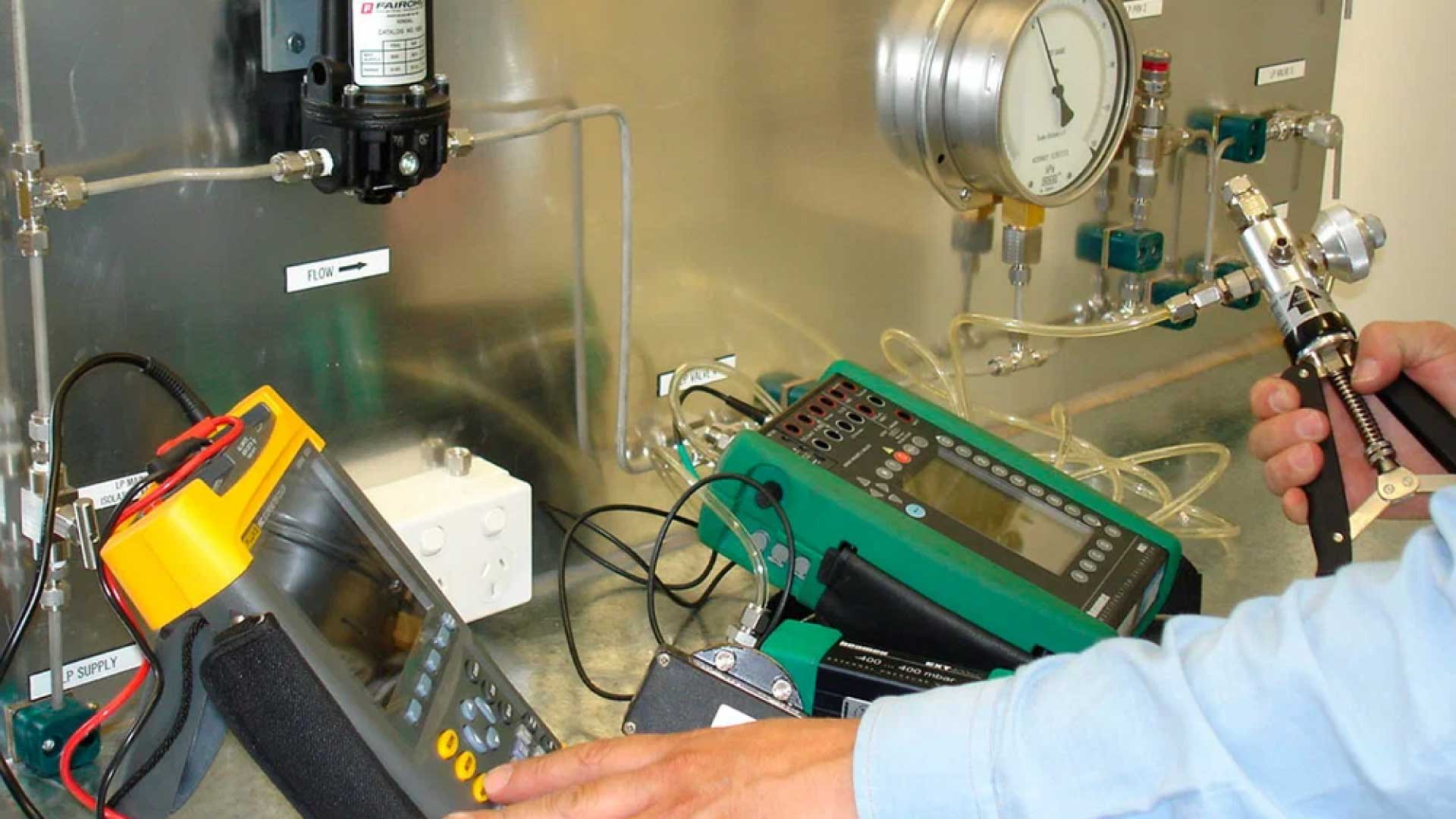- We
- Renewable Energy
- Calibration Service
-
Testing & Inspection
- Annual Inspection
- Energy Audit
- Transformer Testing
- Condition Monitoring
- HiPot Testing
- Circuit Breaker Test
- Insulation Testing
- CT/PT Analysis
- Earthing Inspection
- Environmental Inspection
- Flue Gas Analysis
- LV, MV, HV Switchgear Testing
- DEA (Detail Engineering Assessment)
- Correlation of Compressive Strength of Concrete
- Mapping Homogeneity of Concrete Test
- Defects of Concrete Subsurface Test
- Concrete Pile Length Assessment Test
- Mapping of Concrete Plate Thickness
- Pile’s Internal Defects, Voids Assessment Test
- Pile Load Test
- Concrete Column Test
- Pipes Hardness Test
- Heat-Treated Surfaces Inspection
- Rebar location Assessment
- Crack Assessment
- Metal Detection & Analysis
- Drilling Spot Findings
- Concrete Compressive Strength
- Concrete Uniformity Mapping
- Shallow Utility Location Assessment
- Pipeline Inspection & Assessment
- Excavation Safety Assessment
- Utility Locating & Mapping
- Penetration Test
- Welding Inspection of Pressure Vessel
- Defects Analysis in Welding
- Adhesive Strength Test
- Pull Off Testing
- Skid Resistance Test of Construction Floors
- Concrete Resistance Measurement
- Building Information Modeling (BIM)
- Augmented Reality (AR) Assessment
- Virtual Reality (VR) Assessment
- Digital Twin Creation
- Partial Discharge Analysis
- Power Quality Analysis
- Photovoltaic Test
- Relay Testing
- SF6 Leak Detection
- Surge Protection Device
- Shaft Alignment Diagnosing
- Substation Testing & Commissioning
- Thermography Analysis
- Ultrasonic Flow Analysis
- Ultrasound Leak Detection
- Conveyer Belt Inspection
- Videoscope Inspection
- Switchgear Testing Service
- Solar Irradiance Measurement Service
- Contact Resistance Test Service
- Rent Products
Temperature Gauge
- Home
- Temperature Gauge

Temperature Gauge Calibration in Bangladesh
Temperature gauge calibration is an essential process for ensuring accuracy and reliability in various industrial, laboratory, and commercial applications. In Bangladesh, as industries continue to expand and modernize, the need for precise measurement tools has become more critical than ever. Pico Labs Ltd., a leading provider of calibration services in Bangladesh, offers expert temperature gauge calibration to help businesses maintain optimal performance and compliance with international standards.
Why Temperature Gauge Calibration is Important
Temperature gauges are used in industries ranging from pharmaceuticals to food processing, power plants, and HVAC systems. Over time, these gauges can drift due to mechanical wear, environmental factors, or improper handling. Inaccurate readings can lead to production errors, safety hazards, and financial losses. Regular calibration ensures that your temperature gauges provide accurate measurements, maintaining product quality and operational efficiency.
The Calibration Process
At Pico Labs Ltd., our calibration process is conducted using state-of-the-art equipment and industry-standard procedures. The process typically involves:
-
Inspection of the Gauge: Checking for physical damage or wear that could affect performance.
-
Comparison with Standard Reference: Using certified reference instruments to compare the gauge readings.
-
Adjustment and Calibration: Making precise adjustments to align the gauge readings with the reference standard.
-
Certification: Providing a calibration certificate that documents the accuracy of the gauge.
Our team ensures that every calibration meets ISO 17025 standards, providing clients with confidence in the reliability of their measurement devices.
Benefits of Choosing Pico Labs Ltd.
-
Expert Technicians: Skilled professionals with years of experience in temperature gauge calibration.
-
Advanced Equipment: Modern calibration tools for precise and accurate results.
-
Quick Turnaround: Efficient service to minimize downtime and disruption.
-
Compliance Assurance: Calibration services that meet national and international standards.
By choosing Pico Labs Ltd., businesses in Bangladesh can ensure their temperature gauges operate with precision, helping them maintain quality, safety, and efficiency across all operations.
Industries That Require Temperature Gauge Calibration
Temperature gauge calibration is crucial in industries such as:
-
Power & Energy
-
Food & Beverage
-
Pharmaceuticals
-
Manufacturing
-
HVAC and Refrigeration
-
Laboratories and Research
Whether it’s for preventive maintenance or quality assurance, regular calibration is a small investment that prevents major losses and ensures accurate performance. Pico Labs Ltd. provides professional Temperature Gauge Calibration in Bangladesh, ensuring accuracy, reliability, and compliance with international standards for your business success.
